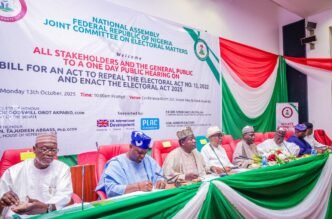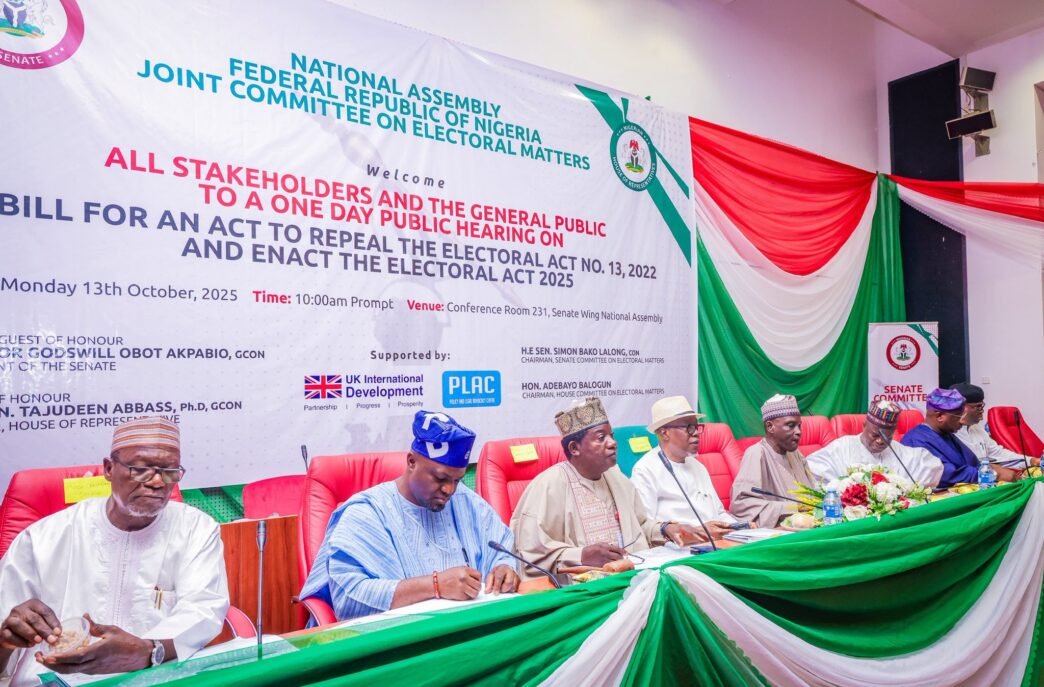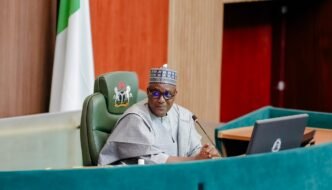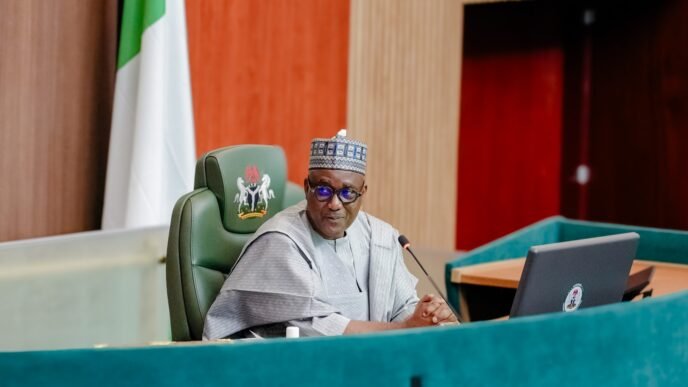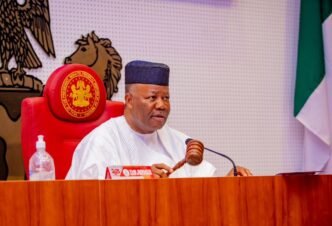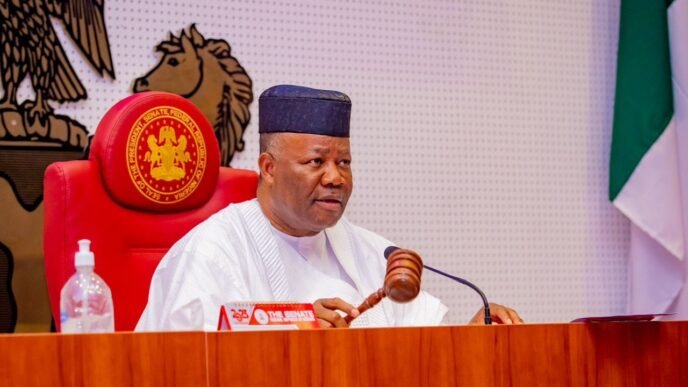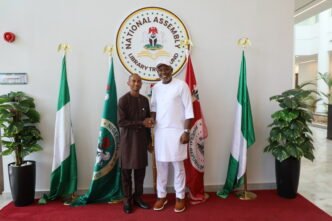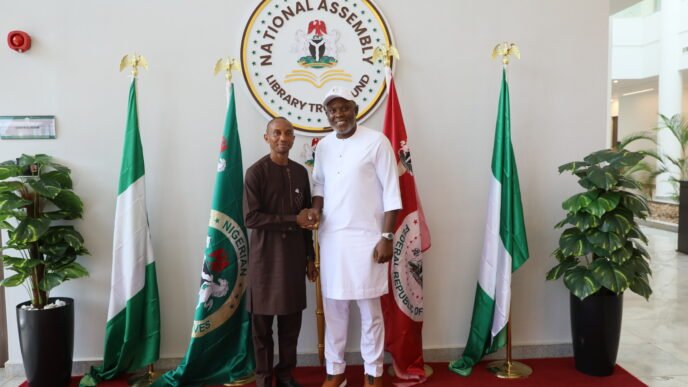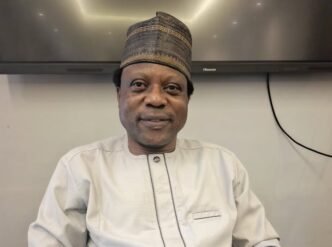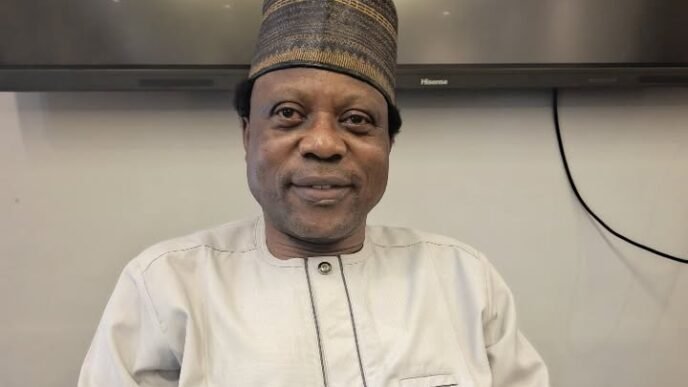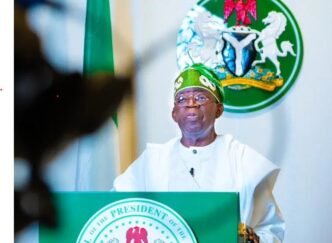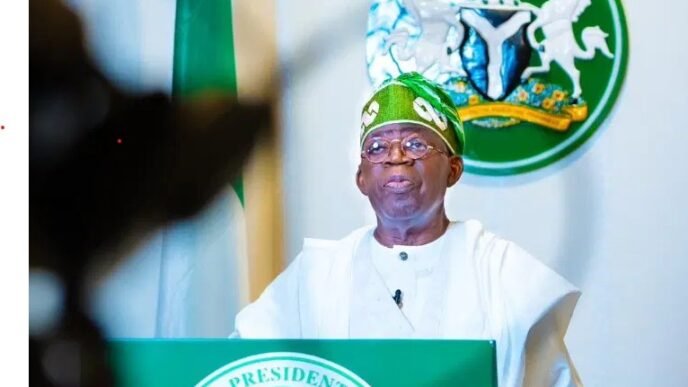Since the advent of Nigeria’s democracy, the Independent National Electoral Commission (INEC) and the National Assembly have reformed election laws and regulations before and after every general election. These amendments are designed to address the flaws experienced in previous elections.
Joint Public Hearing
Details of the Electoral Act (Amendment) Bill 2025, were unveiled on Monday, October 13, 2025 during a joint public hearing by the Senate and House of Representatives Committees on Electoral Matters. The Bill for an Act to Repeal the Electoral Act No. 13, 2022 and Enact the Electoral Act, 2025 features sweeping changes designed to improve transparency, litigation timelines, and voter participation.
During the session, the Senate Committee on Electoral Matters, Sen. Simon Bako Lalong, explained that both the Senate and House Committees on Electoral Matters have been engaging with critical stakeholders to ensure that the proposed amendments to the Electoral Act strengthen Nigeria’s electoral process and deepen democracy. Chairman, House Committee on Electoral Matters, Hon. Adebayo Balogun, noted that the amendment process has received robust scrutiny from lawmakers, civil society organisations, INEC, political parties, development partners, and other stakeholders.
Sen. Lalong acknowledged that the Electoral Act 2022 introduced significant reforms but also revealed certain weaknesses, such as delays in the release of election funds, disputes over voter registers, conflicting interpretations of result transmission, and weak enforcement of electoral offences. The proposed Electoral Act 2025 introduces reforms aimed at strengthening Nigeria’s electoral governance, enhancing the independence of INEC, and promoting greater transparency and accountability across political and electoral processes.
The new provisions address key areas such as funding, candidate qualification, voter registration, political party operations, campaign financing, and electoral offences.
Key Highlights
- Earlier Elections: Section 27(5–7): Prescribes clear notice and timetables for elections, mandating that presidential and gubernatorial elections be held no later than 185 days before the expiration of the incumbent’s tenure. If approved, the amendment means Nigeria’s presidential and governorship elections would hold in November 2026, roughly six months before the end of the current administration’s tenure. This aims to ensure that all election-related litigations are concluded before the May 29, 2027 handover date.
- PVC No Longer Compulsory: In a major shift, the bill proposes that the Permanent Voter Card (PVC) will no longer be mandatory. According to the draft, “BVAS does not recognise the microchip in the PVC,” hence every registered voter will be able to “download and print their voter’s card whenever the need arises.”
- Candidate Submission Rules: Political parties will be required to submit their list of candidates at least 210 days before election day. Only candidates who emerged from valid primaries will be accepted. The amendment also allows “any other candidate of any other party” to challenge the nomination process of rival parties, while limiting pre-election cases to the jurisdiction where the dispute arose or the Federal High Court in Abuja.
- Section 10(2)(c): Adds the National Identification Number (NIN) as part of the requirements for voter registration.
- Sections 12(1)(d) and 12(2) seek to recognise the voting rights of inmates, provided that the INEC makes the necessary arrangements for their registration and participation in elections.
- Section 44: Introduces provisions for mandatory early voting.
- Section 60(5): Makes electronic transmission of results compulsory to enhance transparency and reduce electoral malpractice.
- Section 3(3), which mandates the early release of INEC funds to ensure the timely preparation and execution of electoral activities.
- Section 5: Requires INEC to submit audited financial statements within six months after the end of each financial year.
To give these reforms legal backing, the legislature is pushing a constitutional amendment to transfer the power to set election timelines from the 1999 Constitution to the Electoral Act, allowing for more flexibility in future adjustments. Once passed by both chambers, the Electoral Act (Amendment) Bill 2025 will be forwarded to President Bola Tinubu for assent. If signed into law, the Independent National Electoral Commission (INEC) will revise its timetable, setting Nigeria on course for its earliest general elections in recent history.
